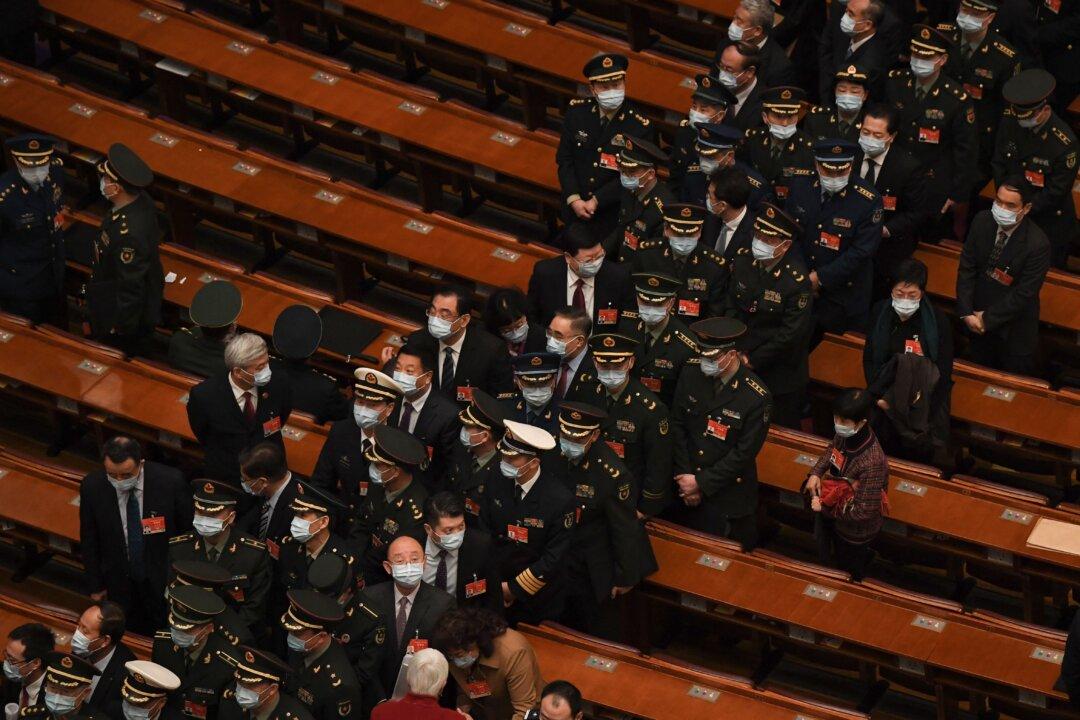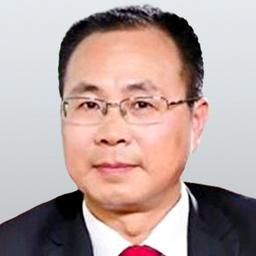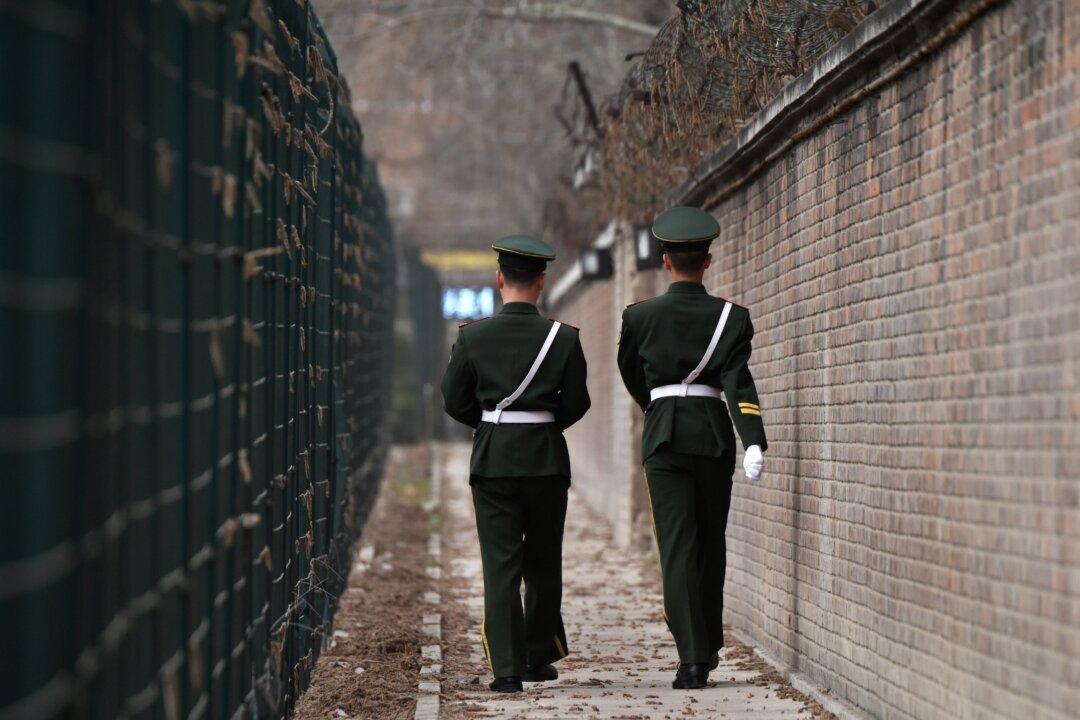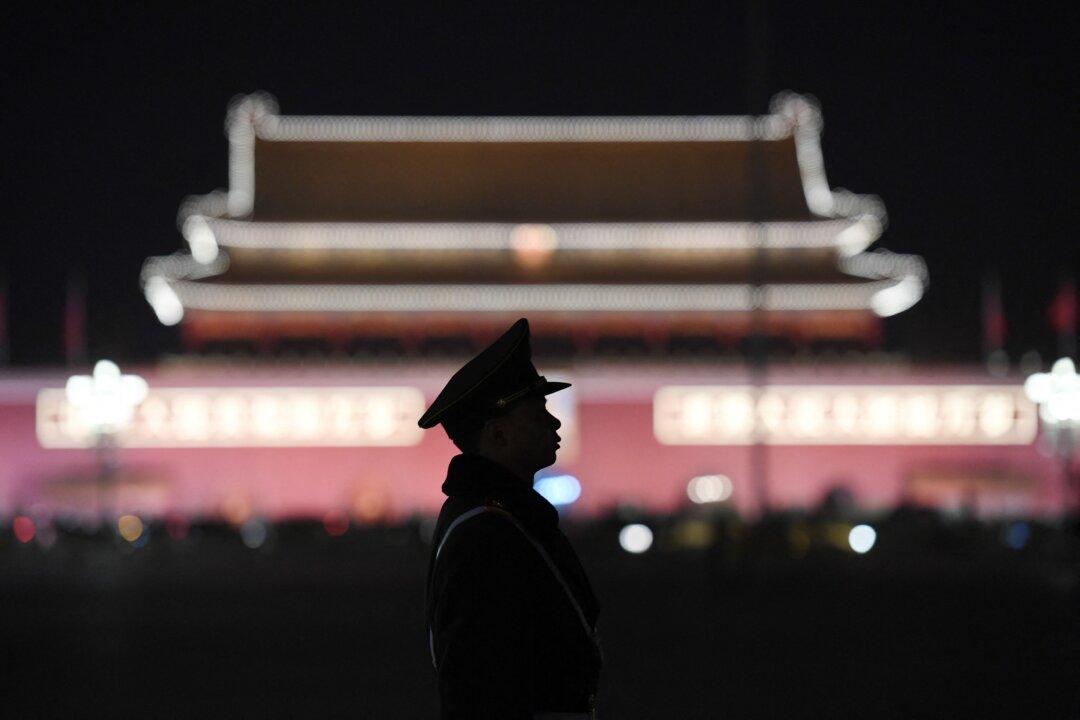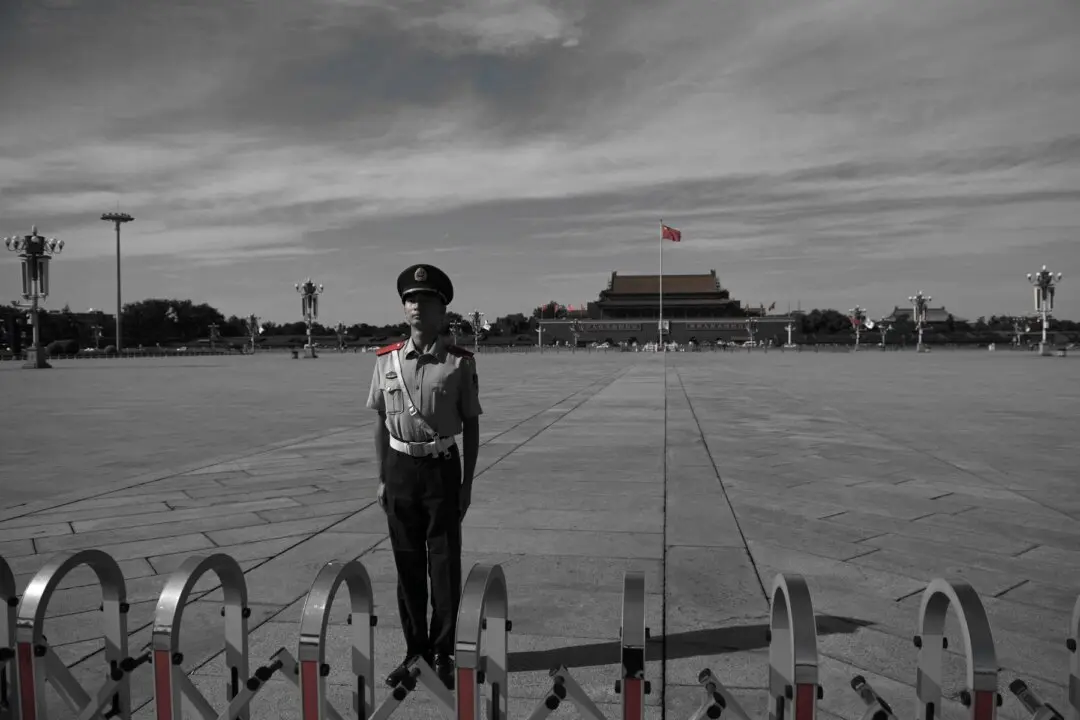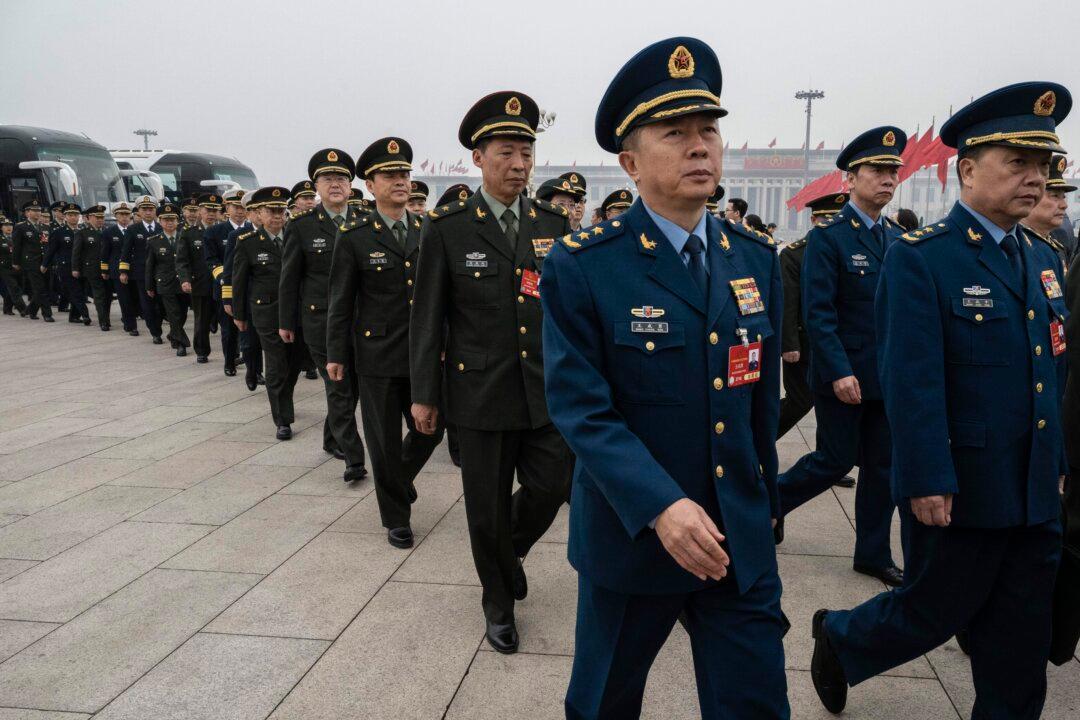Chongqing, the most important city in southwestern China, is the fourth municipality directly under the Central Government of the Chinese Communist Party (CCP) after Beijing, Shanghai, and Tianjin.
Since CCP leader Xi Jinping started his anti-corruption campaign against political opponents, six “tigers” have been sacked in Chongqing. Tigers refers to corrupt officials at the vice-provincial (ministerial) level and above.
